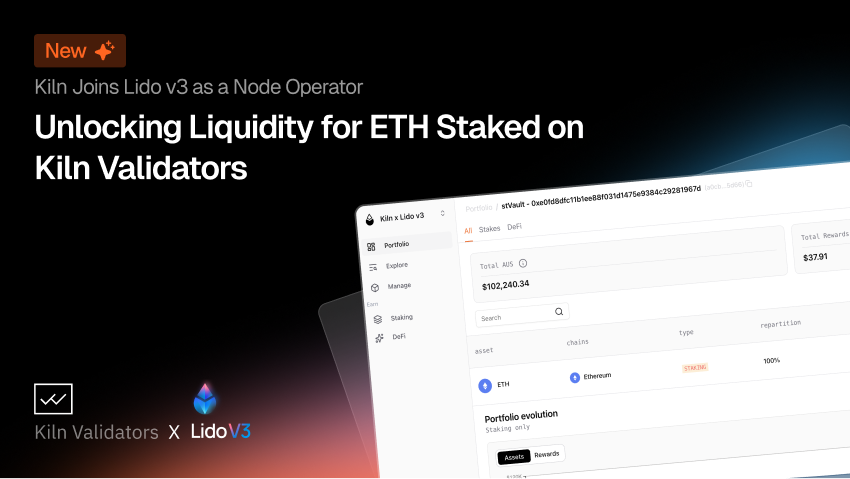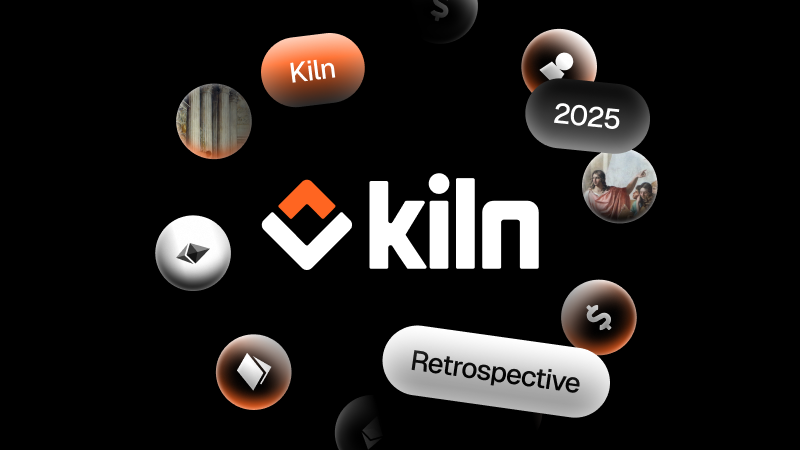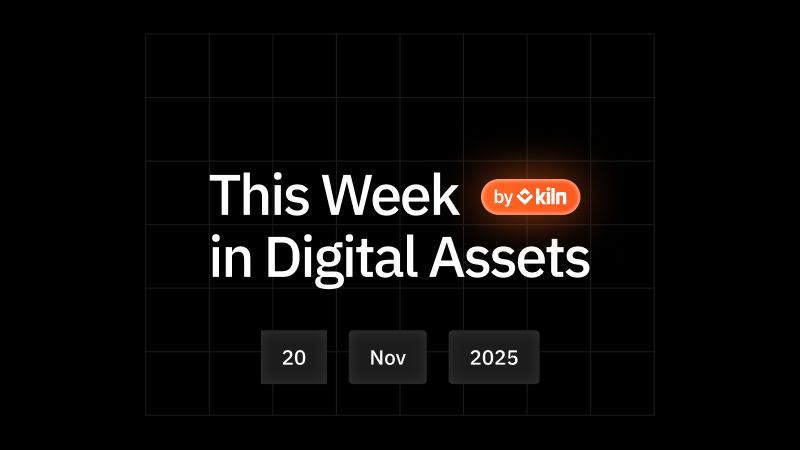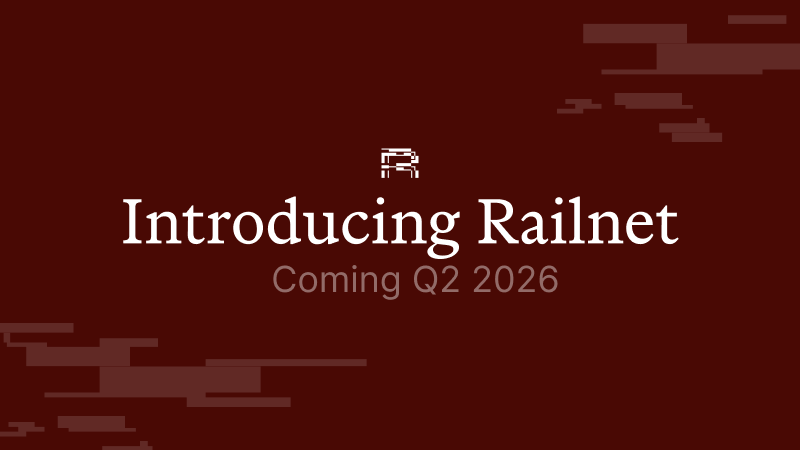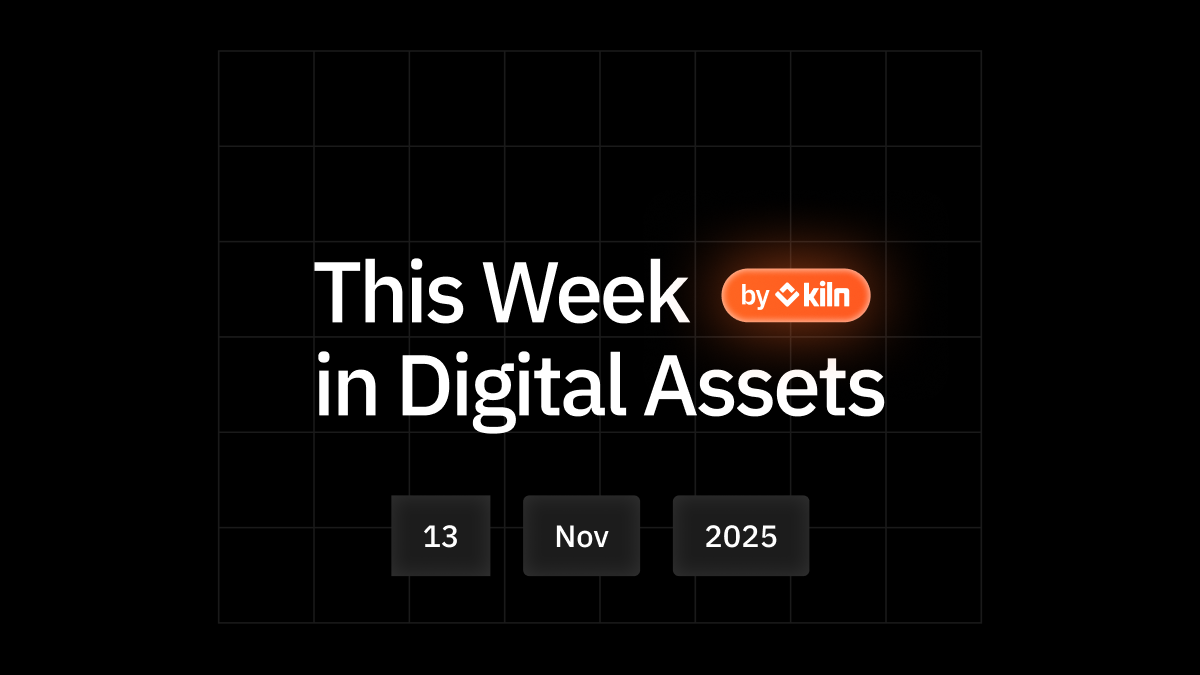What is MEV and its impact on the Ethereum blockchain?
Maximum Extractable Value, or MEV for short, is a concept introduced in Flash Boys 2.0, defined as the value that is extractable by miners and searchers from smart contracts as cryptocurrency profits.
Most often this value is extracted by leveraging the ordering of transactions in a block.
As of July 2022, more than $667m has been extracted from Ethereum blocks on seven DeFi marketplaces (Aave, Balancer v1, Bancor, Compound v2, Curve, Uniswap v1 and v2).
The strategies used to reorder transactions often comes with downsides: network and chain congestion, as well as many types of possible attacks on the protocol.
MEV and the Merge
MEV will still exist after The Merge and will have an impact on staking, as validators are now responsible for proposing blocks which contain transactions that can be reordered.
Known for having built Flashbots Auction and therefore mitigating mev-related risks on Ethereum PoW, Flashbots is currently working on a new solution called mev-boost, to create a new and safer environment for value extraction but this time on Ethereum PoS.
In a nutshell, mev-boost helps splitting the roles of building and proposing a block. This way, proposers can not see the block’s content and reorder transactions.

It’s the first step to achieve in-protocol Proposer Builder Separation on Ethereum.
Kiln’s involvement
Flashbots’ estimated that MEV could increase validators’ revenue by approximately 50% (given the current number of running validators). Our goal is to prepare our infrastructure to benefit from this without compromising the network’s safety.
So, for the last 5 months, we simultaneously worked on running mev-boost compatible infrastructure on Ethereum testnets as well as helping to improve mev-boost itself.
Kiln was the first node operator to ever deploy Flashbots’ solution on PoS Ethereum by being ready as of July 19th, 2022.

Today, we are running mev-boost compatible validators on Ropsten, Kiln and Sepolia testnets.
Regarding the contributions directly made to mev-boost’s code, we helped by resolving bugs, adding tests to ensure the middleware is stable, implementing new features and we are currently working on the support for a configuration file to help DevOps engineers configure the software.
Stay tuned for more!
Thanks to Luca and the whole team for their contribution!
About Kiln
Kiln is the leading staking and digital asset rewards management platform, enabling institutional customers to earn rewards on their digital assets, or to whitelabel earning functionality into their products. Kiln runs validators on all major PoS blockchains, with over $11 billion in crypto assets being programmatically staked and running over 5% of the Ethereum network on a multi-client, multi-cloud, and multi-region infrastructure. Kiln also provides a validator-agnostic suite of products for fully automated deployment of validators and reporting and commission management, enabling custodians, wallets, and exchanges to streamline staking or DeFi operations across providers. Kiln is SOC2 Type 2 certified.









